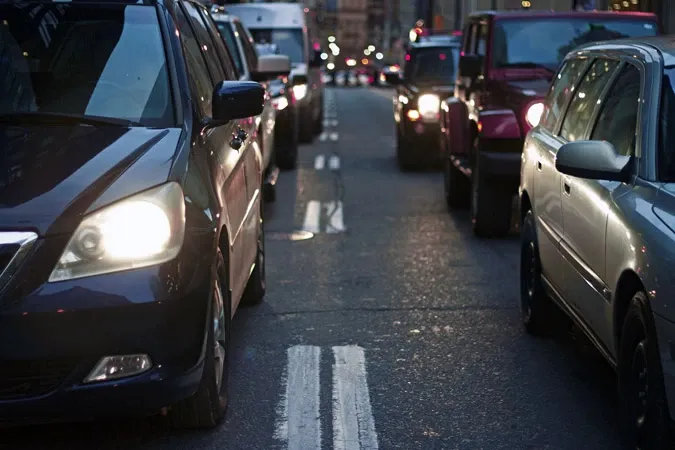Qualcomm Announces Snapdragon 8 Gen 5 Platform
Qualcomm added its latest smartphone platform to its premium-tier Snapdragon range.

Waymo has slashed the cost of a key technology required to bring self-driving cars to the masses and rolled it out in an autonomous Chrysler Pacifica minivan, according to Bloomberg. The company has cut costs by 90 percent on LiDAR sensors, which bounce light off objects to create a three-dimensional map of a car’s surroundings.
The breakthrough will let Waymo bring the technology to millions of consumers, John Krafcik, Waymo’s CEO, said in a speech at the North American International Auto Show in Detroit. "When we started back in 2009, a single top-of-the-range LiDAR cost upwards of $75,000," Krafcik said. He didn’t say when Waymo will get its self-driving cars in the hands of consumers, but he predicted the technology would show up "in personal transportation, ride hailing, logistics, and public transport solutions.
The executive also reported a big improvement in the performance of Waymo’s system during testing in California last year. "We’re at an inflection point where we can begin to realize the potential of this technology," Krafcik said. "We’ve made tremendous progress in our software, and we’re focused on making our hardware reliable and scalable. This has been one of the biggest areas of focus on our team for the past 12 months.
"What truly excites us is the potential this technology has to create many new uses, products and services the world has yet to imagine," Krafcik said. "We’re thinking bigger than a single use case, a particular vehicle, or a single business model." Krafick did not identify any new alliances with automakers or other companies. Alphabet and Fiat Chrysler are doubling their self-driving partnership, adding about 100 more Pacifica Hybrid minivans to the test fleet.
Vehicles tested in California by Waymo had a much lower rate of "disengagements" last year, compared with 2015. Disengagements happen when a human tester needs to take control of a self-driving car, either to avoid an accident or respond to technical problems. In 2015, Alphabet reported 341 disengagements during 424,331 autonomous miles driven in California. That was 0.8 disengagements per thousand miles. In 2016, the rate improved to 0.2, according to Krafcik.